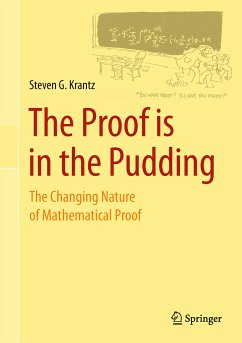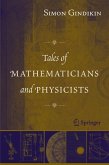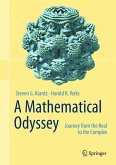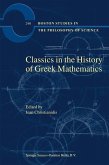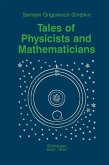In modern times, strict rules for generating and recording proof have been established. At the same time, many new vectors and forces have had an influence over the way mathematics is practiced. Certainly the computer plays a fundamental role in many mathematical investigations.
But there are also fascinating social forces that have affected the way that we now conceive of proof. Daniel Gorenstein's program to classify the finite simple groups, Thomas Hales's resolution of the Kepler sphere-packing problem, Louis de Branges's proof of the Bieberbach conjecture, and Thurston's treatment of the geometrization program are but some examples of mathematical proofs that were generated in ways inconceivable 100 years ago. Krantz treats all of them---and more---in some detail; he names the players and tells all the secrets.
Many of the proofs treated in this book are described in some detail, with figures and explanatory equations. The reader is given a dose of modern mathematics, and h
ow mathematicians think. Both the joy and the sorrow of mathematical exploration are communicated dynamically and energetically in this exciting new book.
Dieser Download kann aus rechtlichen Gründen nur mit Rechnungsadresse in A, B, BG, CY, CZ, D, DK, EW, E, FIN, F, GR, HR, H, IRL, I, LT, L, LR, M, NL, PL, P, R, S, SLO, SK ausgeliefert werden.
Hinweis: Dieser Artikel kann nur an eine deutsche Lieferadresse ausgeliefert werden.
"The author traces the development of the idea of proof from Euclid through computer-aided and computer-generated proofs, pointing out the way some current social trends in mathematics affect the construction of nonstandard proofs. ... This work provides good outside class reading for students--and not just mathematics majors; one could easily imagine this as a supplement to courses on the history or philosophy of science. Summing Up: Recommended. Lower-division undergraduates through researchers/faculty; general readers."
(D. Robbins, Choice, Vol. 49 (2), October, 2011)
"In this book Steven Krantz undertakes the Miltonic task of justifying the ways of (pure) mathematicians to the world at large. ... The concept of mathematical proof is at the heart of Krantz's book. ... mathematicians should find the book interesting, illuminating, provocative ... ." (J. M. Plotkin, Mathematical Reviews, Issue 2012 b)
"The author traces the development of the idea of proof from Euclid through computer-aided and computer-generated proofs, pointing out the way some current social trends in mathematics affect the construction of nonstandard proofs. ... This work provides good outside class reading for students--and not just mathematics majors; one could easily imagine this as a supplement to courses on the history or philosophy of science. Summing Up: Recommended. Lower-division
undergraduates through researchers/faculty; general readers." (D. Robbins, Choice, Vol. 49 (2), October, 2011)
"Krantz's book is entertaining, can be read by the early undergraduate and puts forward some serious issues. There are few math books that are useful and valuable reading for all mathematicians, but this is one of them." (Charles Ashbacher, The Mathematical Association of America, June, 2011)

